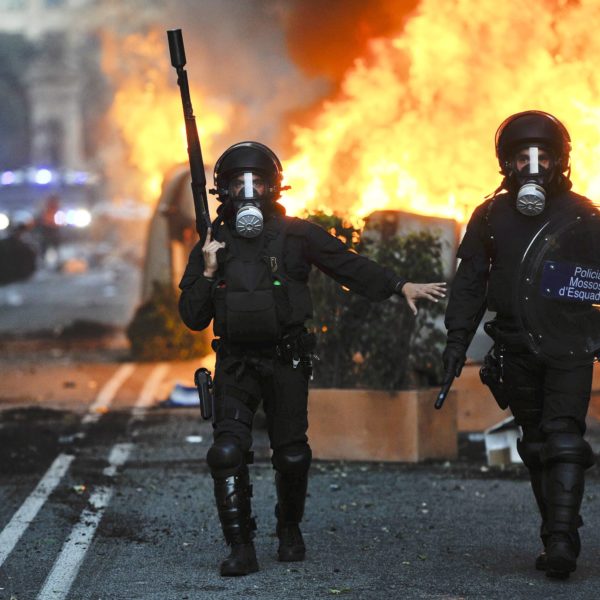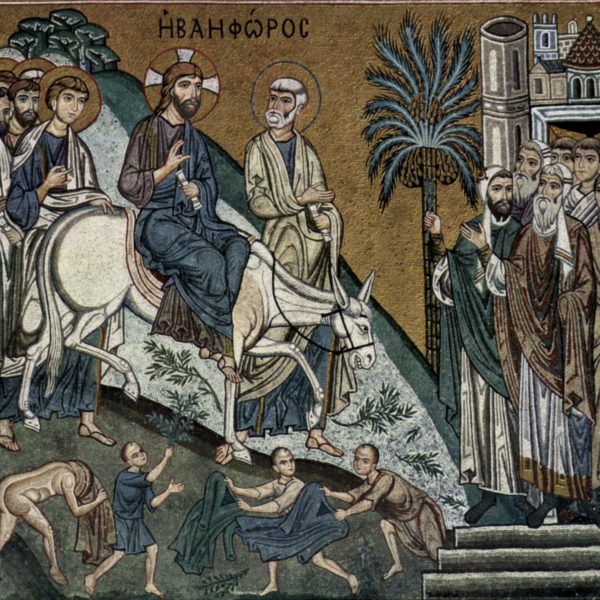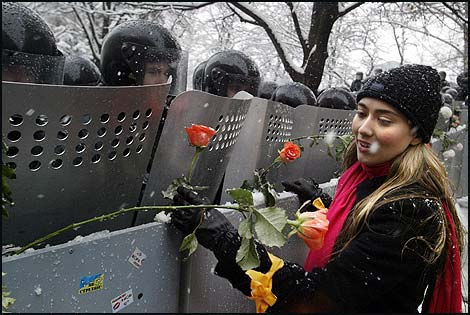
The lectionary texts for this week call us to recognize and pursue a spirituality that is holistic; a spirituality that cares for the needs of the poor; a spirituality that takes the side of the needy against the powerful; a spirituality that entails a revolution of the heart; and a spirituality that takes the question of neighbourliness seriously. Such a spirituality would put us on the path of revolutionary neighbourliness.
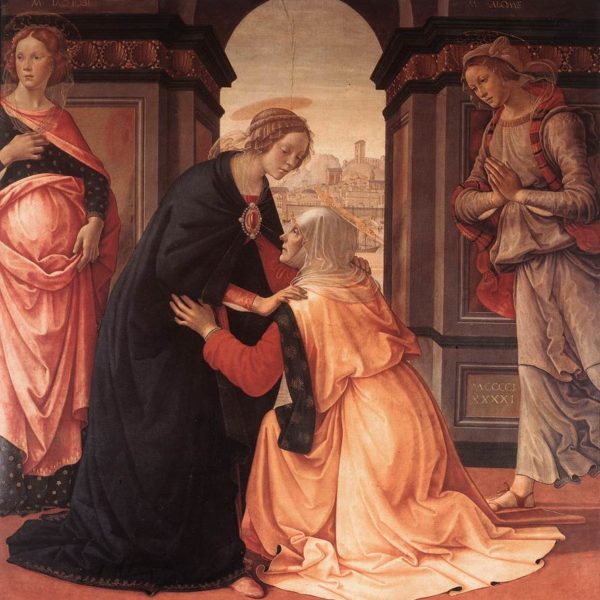
The Magnificat is a song of divine disruption, the song of God’s revolution.
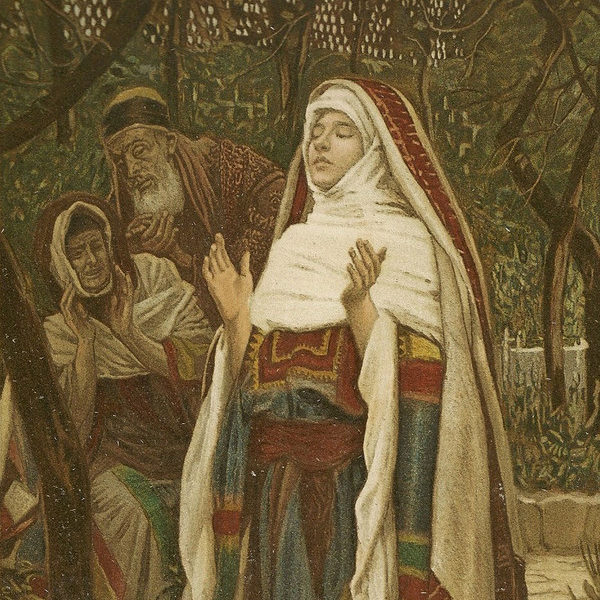
In the incarnation of Jesus, all our systems of social stratification—all our means of exploiting, oppressing, and humiliating one another—are revealed to be lies. Mary expresses a ‘Christmas revolution’ in her Magnificat, a vision for a radically different way of living decisively ushered in by God’s becoming one of us in Christ.
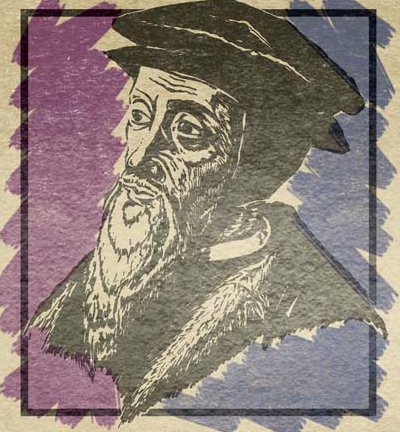
Parts of the world tremble again at religiously inspired revolutionary activity. Too easily do we forget that very similar forms of such activity have appeared in earlier periods of time, even if the content was somewhat different. Thus, in the nineteenth century, the socialists organised, while the anarchists threw bombs and carried out assassinations. And in the sixteenth century, Thomas Müntzer and the Peasants organised and theologised for the revolution, while the Anabaptists were seen as the extremists, the terrorists who had to be eliminated.
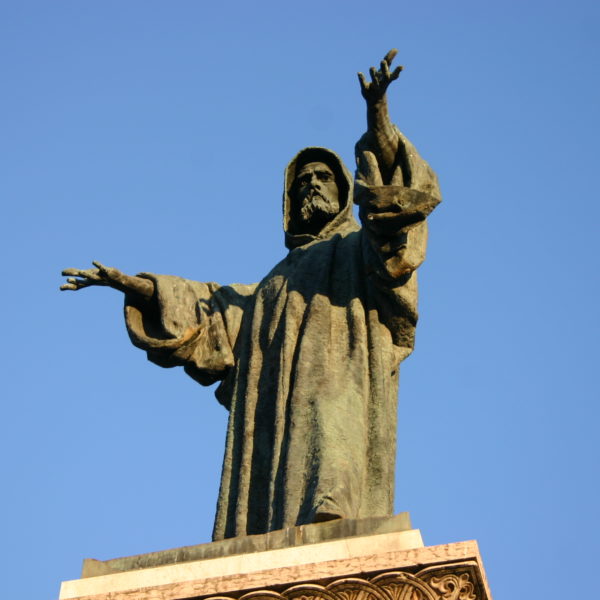
The Middle Ages were filled with strange, passionate, and fascinating figures, often hidden from our view by the long shadows of the likes of Anselm, Francis, Aquinas, or Ockham. The great theologians earned their influence, of course, but there are also things to learn from some of those to whom history has been less magnanimous. I want to introduce one such figure here: Arnold of Brescia.
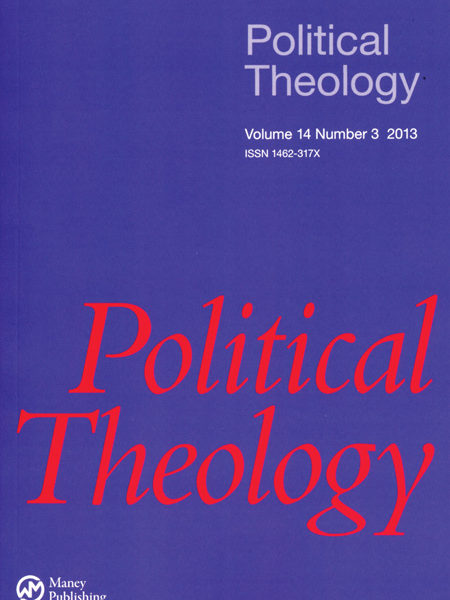
This issue of Political Theology focuses on the theme of “religion and radicalism.” It is one of the fruits of an international research network of the same name, a network that has members from nearly every inhabited continent on the globe.


